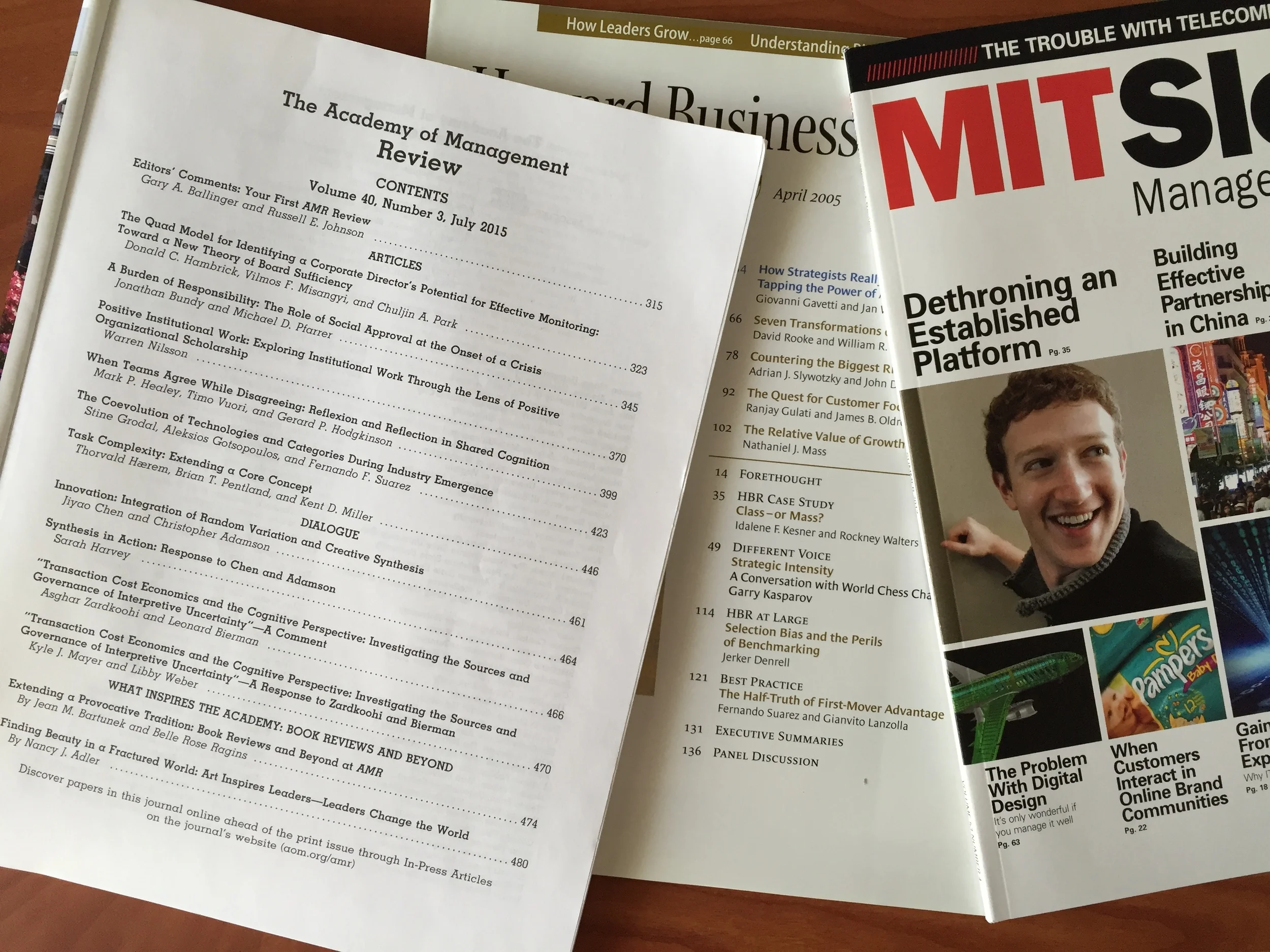"An Empirical Study of Manufacturing Flexibility in Printed Circuit Board Assembly"
/Operations Research, vol. 44(1):223-240, 1996, with Michael Cusumano and Charles Fine
This paper addresses the empirical verification of hypotheses that relate to the strategic use and implementation of manufacturing flexibility. We begin with a literature review and framework for analyzing different types of flexibility in manufacturing. Next, we examine some of the propositions in the framework using data from 31 printed circuit-board plants in Europe, Japan, and the United States. Based on our analysis and findings, we then suggest several new strategic insights related to the management of flexibility and some potentially fruitful areas for further theoretical and empirical research. Our findings include: more automation is associated empirically with less flexibility, as found in other studies; nontechnology factors, such as high involvement of workers in problem-solving activities, close relationships with suppliers, and flexible wage schemes, are associated with greater mix, volume, and new-product flexibility; component reusability is significantly correlated with mix and new-product flexibility; achieving high-mix or new-product flexibility does not seem to involve a cost or quality penalty; mix and new-product flexibility are mutually reinforcing and tend to be supported by similar factors; and mix flexibility may reduce volume fluctuations, which could theoretically reduce the need for volume flexibility.


